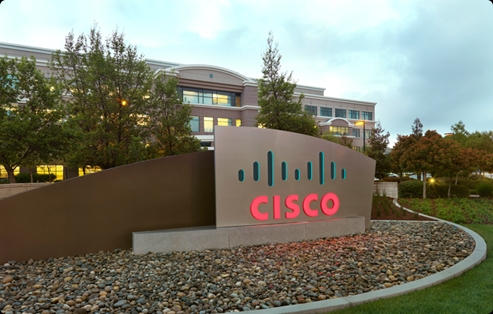One of the things confronting technology vendors in the past five years has been the commoditization of hardware and the opening up of standards. As software has eaten the computer hardware industry, those companies are being forced to make their systems more open.
In that world of open systems, it’s the ecosystem of developers and products around platforms that drives success. The best example being the iPhone where the range of third party apps available made Apple’s product the most compelling on the market.
At Cisco Live in Melbourne last week Susie Wee, the company’s Vice President in charge of the company’s DevNet developer relations program, described how the networking company is opening their systems with Application Program Interfaces (APIs) to build an ecosystem.
“What we want to do is help people with this transition,” says Susie. “With the network, with the infrastructure and with the cloud we want people to get more out of it.”
Cisco, like most hardware companies, are finding the shift to opening their data streams to be wrenching. The business model of a decade ago involved mysterious black boxes running on proprietary software with the data dished out sparingly.
While the the ‘black boxes’ still remain, becoming a ‘platform’ and making data available to all comers is very much a cultural shift for once dominant hardware companies like Cisco.
The question for IT hardware companies is how long they can defend their proprietary software systems – the hardware side is already slowly declining as software defined equipment takes over – while establishing dominance with their software and data feeds.
Users too need to be treading carefully as those APIs and the data being fed through them is subject to the business imperatives of the
Cisco hopes they can achieve this through their current market power and business networks, it is a hard ask for them though. For the entire tech industry, the shift to an API driven marketplace is going to be testing.
Paul travelled to Cisco Live in Melbourne as a guest of Cisco

Leave a Reply